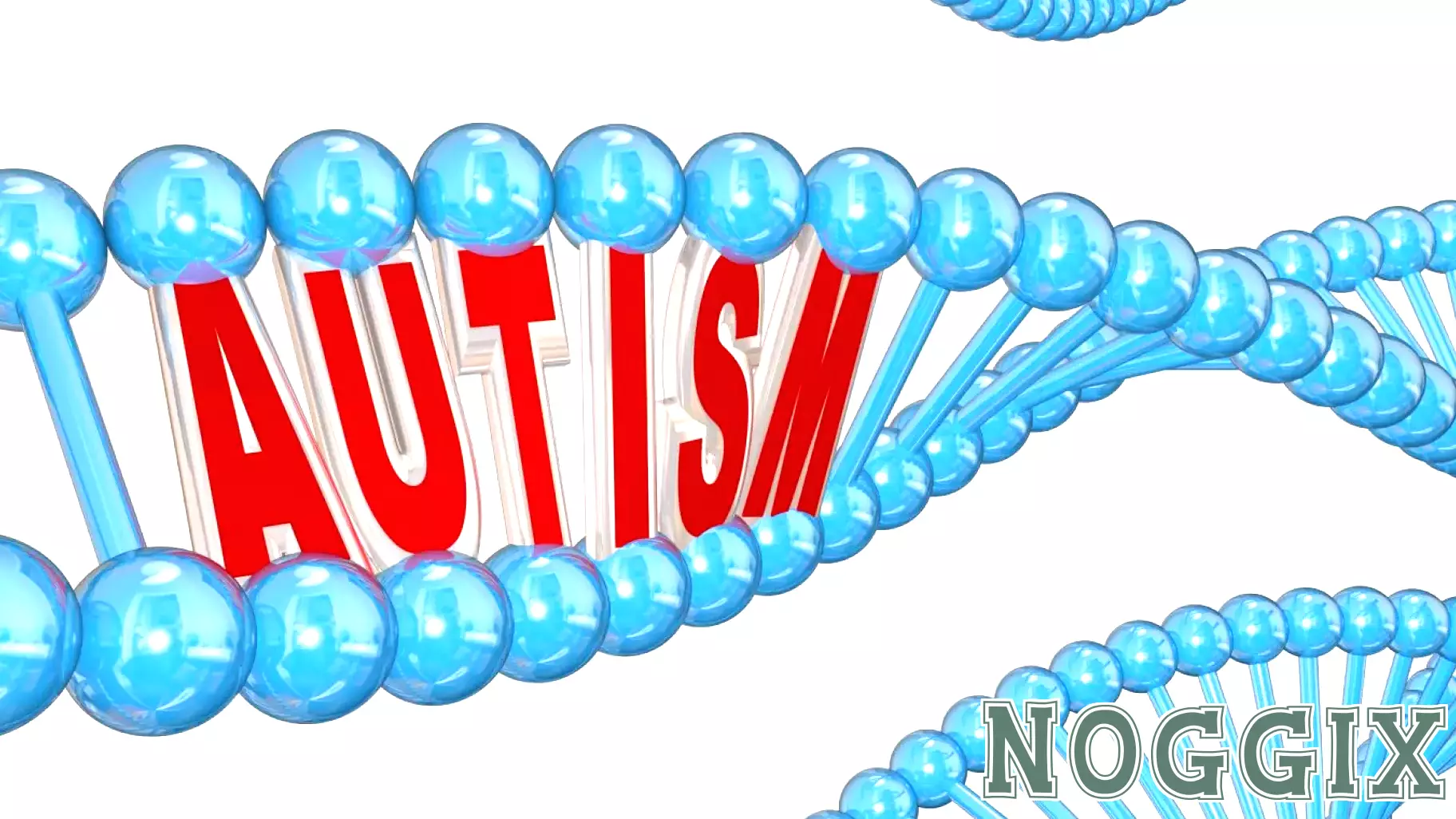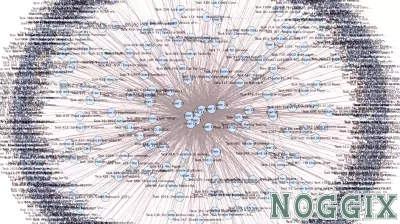April 24, 2025 - 03:01

Autism's history is filled with misconceptions. Understanding the science helps us move past outdated myths, support autistic individuals, and promote fulfilling, meaningful lives. The journey of autism research began in the early 20th century when the condition was often misunderstood and misdiagnosed. Early theories incorrectly linked autism to poor parenting, particularly the notion of "refrigerator mothers," which has since been debunked.
As research progressed, the focus shifted towards understanding the neurological and genetic factors contributing to autism. The 1980s and 1990s marked significant advancements, with the introduction of diagnostic criteria that recognized the spectrum nature of the disorder. This shift allowed for a broader understanding of autism, acknowledging the diverse experiences and abilities of those on the spectrum.
Today, ongoing research continues to explore the complexities of autism, including its causes, manifestations, and the best approaches to support individuals. By embracing a scientific understanding of autism, society can foster greater acceptance and create environments where autistic individuals can thrive.



